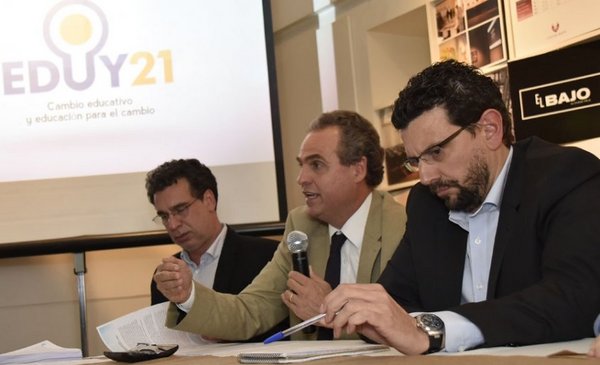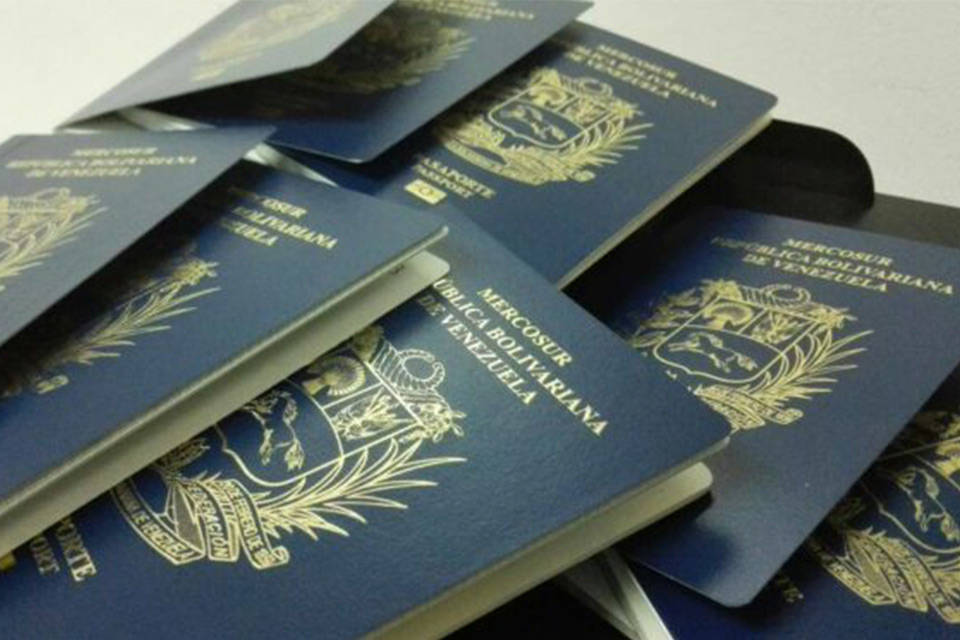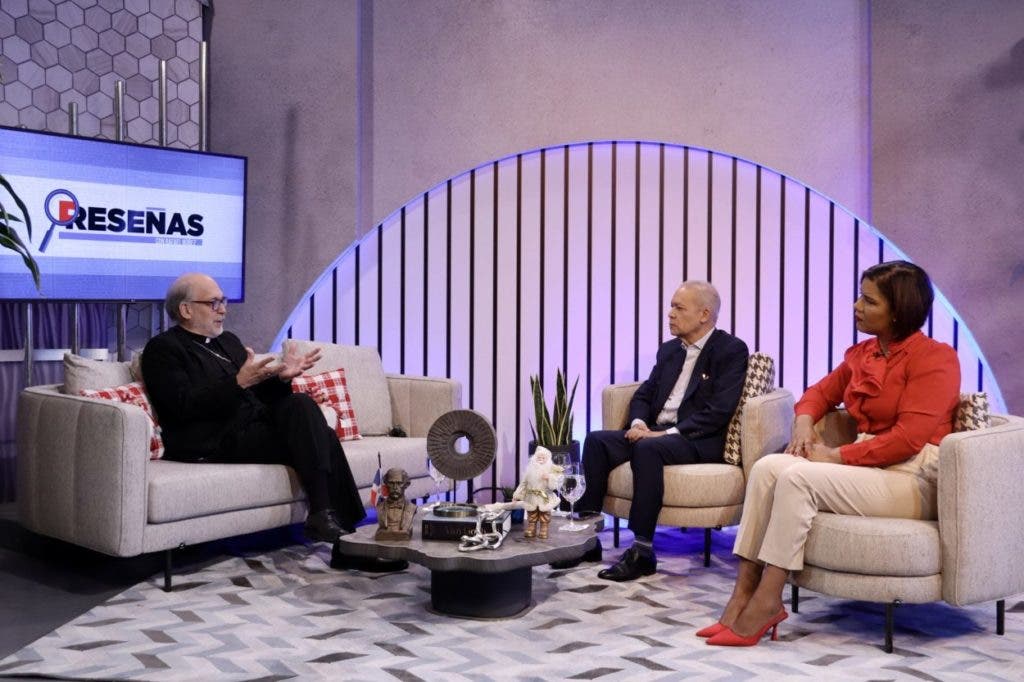The educational Think Tank, Eduy21, “closed” its cycle in the field of educational policy discussion and pointed out “difficulties” in the educational reform process that the government is carrying out, despite the fact that it has some ideas of that they had raised in their Open Book.
“In it, important budgetary difficulties and change management are identified, as well as the need to deepen the program contents and their effective development in educational centers and classrooms.“, they assured.
“We want to share the feeling that our political system, as far as educational changes are concerned, maintains a long-standing debt with the fundamental transformations. These cannot be thought of or done with the restricted horizon of a period of government and, moreover, they have to involve society as a whole (teachers, families and students). We trust that in these years to come, the construction of bridges and the generation of State policies will become possible.with a ‘long-winded’ vision”, they added.
In turn, they highlighted that since its foundation in 2017, they have made “done Relevant contributions to promote the visualization of the structural crisis of the educational system Uruguayan” and that promoted “the substantiated, plural and purposeful debate for the construction of public policies”.
“Eduy21 built a space where people from different ideologies, social sectors, professions and regions of the country, managed to articulate a proposal that would make explicit the main weaknesses of the educational system in these first decades of the century and make concrete proposals to transform education”, they affirmed. .
The Think Tank was founded in 2017 with representatives of all political parties, such as Fernando Filgueira, Juan Pedro Mir, Renato Opperti, Adriana Aristimuño, Pablo da Silveira, Ana Ribeiro, Sebastián Bauzá, Hector Bouzón, Ademar Cordones, Guillermo Fossati, Javier Lasida and Patricia Viera.
All of them, except Filgueira, Mir and Opperti, became part of the governance of education after the assumption of Luis Lacalle Pou.







